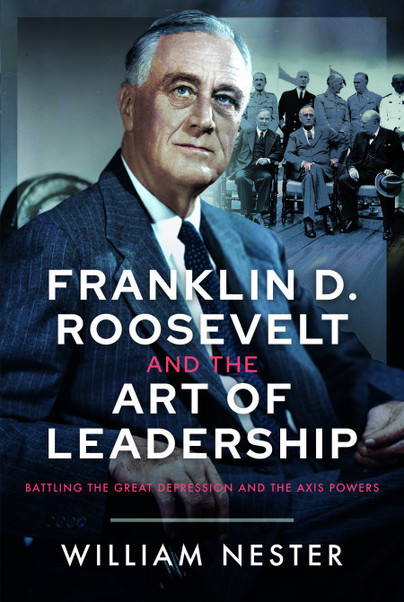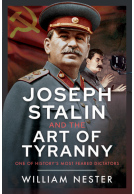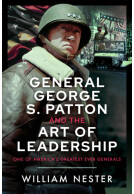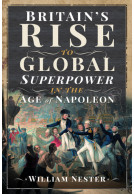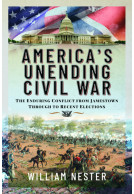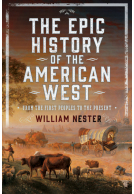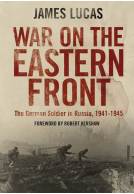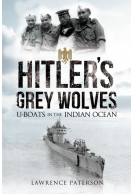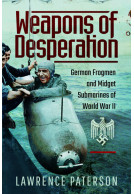Franklin D. Roosevelt and the Art of Leadership (Hardback)
Battling the Great Depression and the Axis Powers

Pages: 264
Illustrations: 32 mono illustrations
ISBN: 9781036110901
Published: 4th April 2024
(click here for international delivery rates)
Need a currency converter? Check XE.com for live rates
| Other formats available - Buy the Hardback and get the eBook for £1.99! | Price |
|---|---|
| Franklin D. Roosevelt and the… ePub (3.3 MB) Add to Basket | £6.99 |
After their independence and civil wars, Americans never faced a greater threat than the sixteen years of global depression followed by global war from 1929 to 1945. Franklin Delano Roosevelt was the president for the last dozen of those years, during which he led the nation first to alleviate the Great Depression then led an international alliance that vanquished the fascist powers during the Second World War. Along the way, he established the modern presidency with centralized powers to make and implement domestic and foreign policies. He was naturally a master politician who eventually, through daunting trials and errors, became an accomplished statesman.
For all that, historians regularly rank Roosevelt among the top three presidents. Yet, most historians and countless others criticize Roosevelt for an array of things that he did or failed to do. Conservatives lambast him for creating a welfare state and trying to pack federal courts with liberal judges while liberals condemn him for interning 120,000 Japanese-Americans during the war and doing little to advance civil rights for African Americans. Critics blister war commander Roosevelt for caving into strategies demanded by powerful leaders that squandered countless lives and treasure in literal and figurative dead ends. These include Prime Minister Churchill’s push to invade the Italian peninsula and General MacArthur’s determination to recapture the Philippines.
At times, his policies violated his principles. Like President Wilson during the Second World War, Roosevelt championed self-determination but not for every nation. He badgered Churchill to break up Britain’s empire while bowing to Stalin’s brutal communist conquest of eastern Europe. And those are just the opening barrages against Roosevelt. Although he won four presidential elections with overwhelming majorities, nearly as many people reviled him as they adored him.
Franklin D. Roosevelt and the Art of Leadership explores the dynamic among Roosevelt’s character, personality, and presidential power with which he asserted policies that overcame first the Great Depression and then the Axis powers during the Second World War. Along the way, the book raises and answers key questions. What were Roosevelt’s leadership skills and how did he develop them over time? Which New Deal policies succeeded, which failed, and what explains those results? Which war strategies succeeded, which failed, and what explains those results? What policies rooted in Roosevelt’s instincts proved to be superior to alternatives grounded in thick official reports advocated by his advisors? Finally, how does Roosevelt rank as an American and global leader?
There are no reviews for this book. Register or Login now and you can be the first to post a review!
About Dr William Nester
Dr WILLIAM NESTER, a Professor at the Department of Government and Politics, St. John’s University, New York, is the author of thirty-seven books on history and politics. His book George Rogers Clark: I Glory in War won the Army Historical Foundation’s best biography award for 2013, and Titan: The Art of British Power in the Age of Revolution and Napoleon, won the New York Military Affairs Symposium's 2016 Arthur Goodzett Book Award.
Winston Churchill and the Art of Leadership How Winston Changed the World (Hardback)
Many indeed, are the biographies of Winston Churchill, one of the most influential figures of the twentieth century. But what was that influence and how did he use it in the furtherance of his and his country’s ambitions? For the first time, Professor William Nestor has delved into the life and actions of Churchill to examine just how skillfully he manipulated events to placed him in positions of power. His thirst for power stirred political controversy wherever he intruded. Those who had to deal directly with him either loved or hated him. His enemies condemned him for being an egoist, publicity…
By Dr William NesterClick here to buy both titles for £50.00







